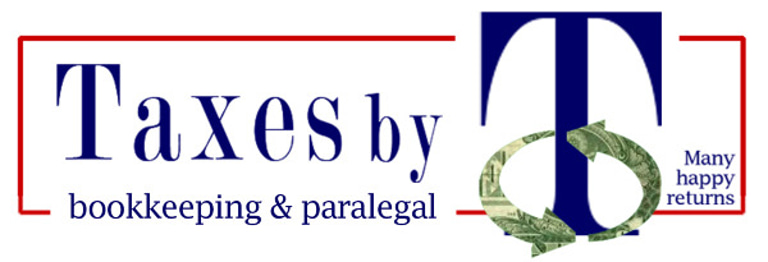Tax Tips and other Info
We have made quality our habit. It’s not something that we just strive for – we live by this principle every day.
Quality, not quantity
Income Taxes: Things you didn’t know you didn’t know.
When it comes to income taxes there are many things that you know and then there are the things that you didn’t know you didn’t know.
. The TCJA, Tax Cut Jobs Act, is temporarily and 25 provisions are set to expire December 31, 2025
Unless congress extends the act about 25 of the provisions in the TCJA will expire on December 31, 2025 and they will revert to the 2017 tax laws. Only a portion of the Act was permanent.
The US Tax Code is over 74,000 pages long
It would take super-fast reader 1200 hours to read all, no wonder people go to tax professionals. In 1913 the tax code was only 400 pages, a much easier read back then.
Taxpayers lose out on millions of dollars by not filing a tax returns
Many employees who do not owe taxes and do not file may not realize that they are missing out on several credits like the earned income credit, which can offer up to $6,935.00. They also may not know that you have 3 years to file your return and claim any refundable credits available to them, so speak to a tax preparer soon. For example, if you were owed the Earned Income Credit in 2020, you would have until April 18, 2024, to file your return and receive your refund.
Less than 1% of returns are audited by the IRS.
According to the Internal Revenue Service the higher your income becomes the higher your chances of being audited are. The IRS normally has three years to assess tax from when a return was filed. For example, the IRS would normally have until at least October 15, 2021 to assess additional tax on a tax return filed October 15, 2018, for the 2017 tax year. Each year, approximately 25 million lower-income taxpayers seek a refundable EITC which on their return involves a single issue that can be quickly resolved, sometimes within a month or so of filing the return. The IRS prioritizes a prompt review of these returns in order to quickly issue the EITC refund to people in need, most frequently within 21 days following the filing of the return, without any further audit of such returns. The average time to complete an EITC audit is five hours per return.
More than 1/5 of all paper returns are incorrect when filed.
The Internal Revenue Service maintains that filing your tax return electronically is faster, safer and has less potential for error. The error rate for paper filed returns is 21% while the error rate for electronically filed returns is .5% Errors can cause your return to be audited or delay your refund, so it is best to file electronically and if you have questions consult your local, trusted tax preparer.
Not Getting All Your Credits: How to Fix and Avoid (An Expert Guide)
When it comes to preparing your taxes and you are low income and have children you may qualify for the EITC (Earned Income Tax Credit) which will lower your tax liability and may even give you a refund.
Here’s what happens when there are errors on your tax return involving the EITC and what you should do to avoid them.
5 Common Errors You Need to Avoid
Your Child Doesn’t Qualify a. A child must meet 4 tests to qualify for the EITC
i. Relationship: Your child must be related to you.
ii. Residency: Your child must live in the same home as you for more than half the tax year.
iii. Age: Your child's age and student or disability status will affect if they qualify.
iv. Joint return: Your child must not file a joint return with another person (for example, their spouse) to claim the EITC.
More than One Person Claimed the Child
i. Only the person that the child lived with for more than half the year is eligible to claim the child
Social Security Number or Last Name Don’t Match
i. Verify that the social security number is written on the return as it is on the social security card of the child
Married or Filed As Single Head of Household
i. If you are married, you are unable to claim the EITC using the single status
ii. if you are married and lived with your spouse the last half of the year you are unable to claim the Single Head of Household filing status.
Over or Under reporting Your Income or Expenses
i. Make sure to include all copies of w-2’s, 1099’s and other support documentation to properly report your income for the EITC. If your entries do not match what the IRS has on record, you could be asked to provide more detailed information.
Quality, not quantity
We have made quality our habit. It’s not something that we just strive for – we live by this principle every day.
